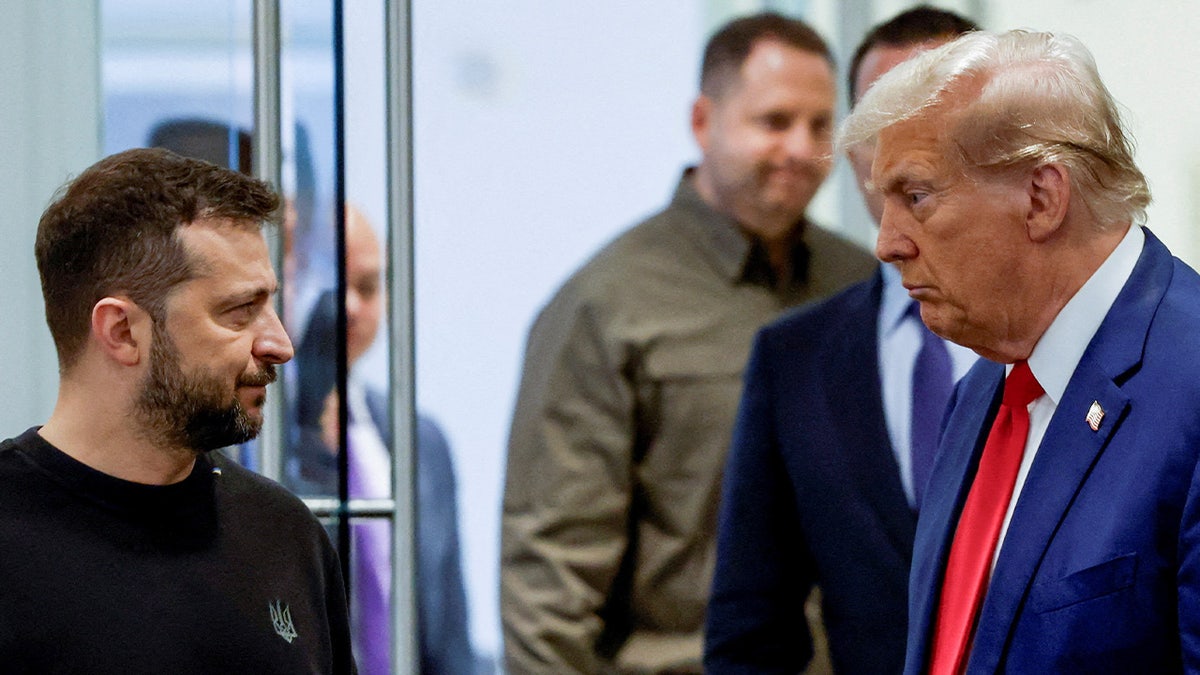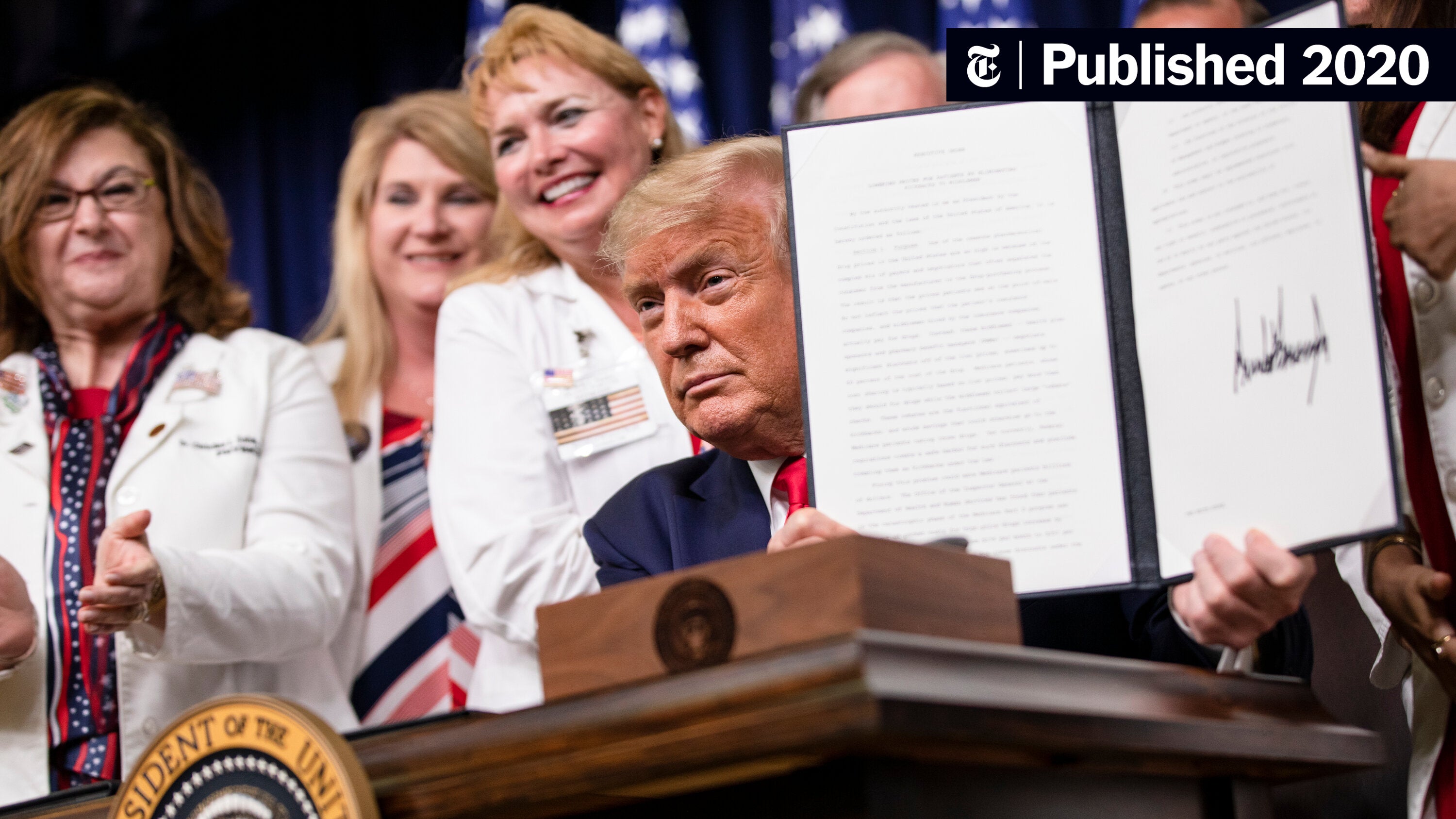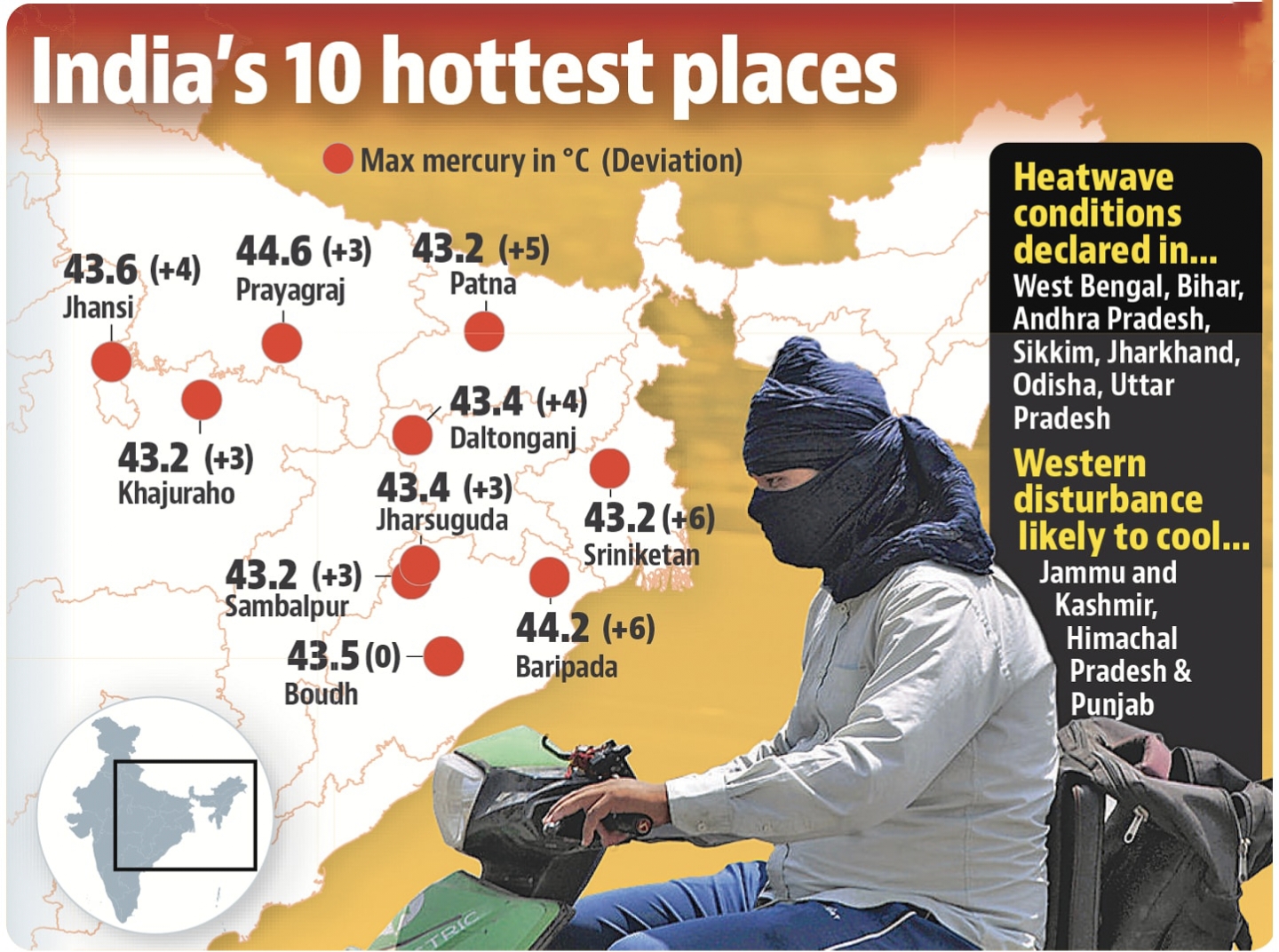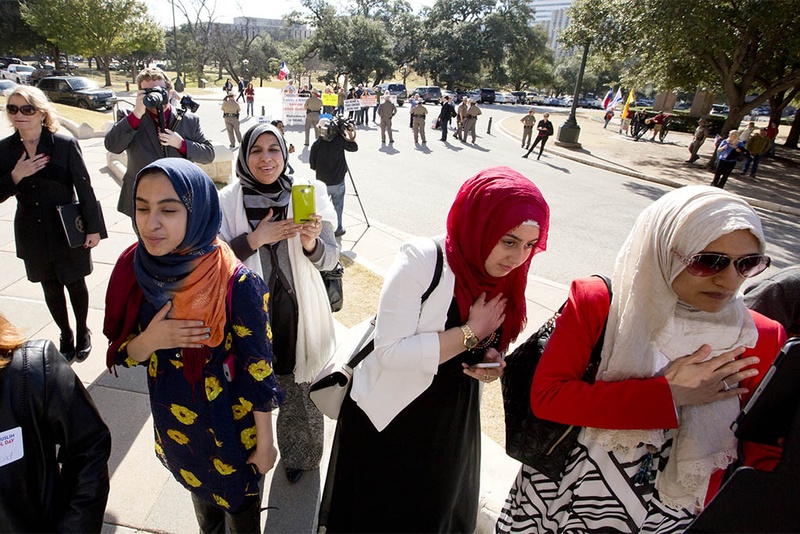Trump's Actions On Ukraine: How US And European Pressure Shifted

Table of Contents
Initial Hesitation and Criticism: Trump's Ambivalent Stance
Trump's initial approach to the Ukraine conflict was marked by reluctance to strongly condemn Russia's actions. This ambivalence fueled criticism from both within the US and from its European allies. His perceived affinity for Russian President Vladimir Putin raised concerns about his commitment to supporting Ukraine's sovereignty. This "Trump Ukraine policy" in its early stages was characterized by:
- Public statements questioning NATO's value: Trump repeatedly questioned the value and efficacy of NATO, a cornerstone of transatlantic security and a key alliance for Ukraine. This fueled concerns that he might not fully support Ukraine's defense against Russian aggression.
- Hesitation to provide military aid to Ukraine: The Trump administration initially hesitated to provide crucial military aid to Ukraine, further reinforcing anxieties about the US commitment to its ally. This reluctance was seen as a departure from previous US administrations' support for Ukraine's defense capabilities.
- Criticism from within the Republican party and from European allies: Even within the Republican party, Trump's hesitancy to confront Russia's actions in Ukraine drew criticism. European allies, heavily invested in Ukraine's stability, voiced their concerns about the potential weakening of the Western response to Russian aggression under the Trump administration. This period saw a growing disconnect between the Trump administration's approach and the established "European Union Ukraine policy." The keywords surrounding this period heavily involved "Trump Russia relations," "Trump Ukraine aid," and "NATO skepticism."
The Mueller Investigation and its Impact
The Mueller investigation into Russian interference in the 2016 US election significantly impacted the narrative surrounding Trump's Ukraine policy. The allegations of Russian collusion, regardless of their ultimate conclusions, created a climate of intense scrutiny around Trump's dealings with Russia and, by extension, his approach to Ukraine. This scrutiny directly impacted the “Trump Ukraine policy”:
- Allegations of Russian collusion impacting public perception of Trump's approach to Ukraine: The investigation's findings, even partial ones, influenced public perception of Trump's motives and potentially compromised his ability to project strength and support for Ukraine.
- Increased scrutiny from Congress and the media: The investigation led to increased congressional oversight and media scrutiny of the Trump administration's Ukraine policy, forcing greater transparency and accountability. This heightened attention further complicated the administration’s efforts to navigate its relationship with Ukraine.
- Shifting public opinion regarding aid to Ukraine: The ongoing investigation contributed to a shift in public opinion, with increased support for providing aid to Ukraine despite Trump's wavering stance. Keywords associated with this period include: "Mueller investigation," "Russia interference," and "Trump impeachment inquiry." The latter became increasingly relevant as the investigation progressed.
The Rise of Bipartisan Support for Ukraine
Despite Trump's inconsistent stance, bipartisan support for Ukraine grew significantly within the US Congress. This reflected a growing recognition of the severity of the threat posed by Russian aggression and a determination to counter Russian disinformation. This shift had a profound impact on the "Trump Ukraine policy":
- Increased congressional oversight and investigations: Congress initiated several investigations into the Trump administration's dealings with Ukraine, further intensifying pressure on the President to adopt a more consistent and supportive approach.
- The role of the Butina case in highlighting Russian influence operations: The case of Maria Butina, a Russian agent convicted of infiltrating US political circles, underscored the depth of Russian influence operations and amplified concerns about the vulnerability of US democracy. This heightened public awareness of Russian aggression.
- Growing awareness of Russian aggression in Ukraine: The continued escalation of violence in eastern Ukraine and Russia's annexation of Crimea solidified bipartisan understanding of the critical importance of supporting Ukraine. Keywords relevant here are: "Bipartisan support Ukraine," "Congressional investigations," and "Russian disinformation."
European Pressure and Transatlantic Tensions
European allies consistently pressed the Trump administration to maintain a strong stance against Russia's actions in Ukraine, leading to significant transatlantic tensions. The differences in approach between the Trump administration and its European partners placed a strain on the transatlantic alliance.
- EU sanctions against Russia: The European Union imposed a series of sanctions against Russia in response to its aggression in Ukraine, illustrating a clear commitment to deterring further Russian actions.
- Diplomatic efforts to coordinate a response to Russian aggression: European nations actively engaged in diplomatic efforts to coordinate a unified response to Russian aggression, often finding themselves at odds with the Trump administration's more hesitant approach.
- Tensions between Trump and European leaders over Ukraine policy: Trump's frequent public questioning of the US commitment to NATO and his perceived closeness to Putin created significant tension with European leaders who strongly supported Ukraine. Keywords associated with this section are: "EU sanctions Russia," "Transatlantic relations," and "European Union Ukraine policy."
The Case of Javelin Missiles
The provision of Javelin anti-tank missiles to Ukraine serves as a prime example of the shifting dynamics between US and European pressures on Trump's Ukraine policy.
- Initial reluctance to provide lethal aid: The Trump administration initially hesitated to provide lethal aid to Ukraine, fearing it might escalate the conflict.
- Subsequent approval under pressure from Congress and allies: Facing immense pressure from Congress and European allies, the administration eventually approved the sale of Javelin missiles, signaling a reluctant but ultimately significant shift in US policy.
- The strategic implications of this decision: This decision, although delayed, had important strategic implications, demonstrating that even under pressure, the Trump administration was ultimately compelled to align with the broader international consensus on supporting Ukraine against Russian aggression.
Conclusion
Trump's actions on Ukraine reflected a complex interplay of domestic and international pressures. While his initial ambivalence towards Ukraine and his perceived closeness to Russia generated significant criticism both domestically and from European partners, growing bipartisan support in the US Congress and sustained pressure from European allies ultimately influenced the trajectory of US policy towards Ukraine. Understanding the shifts in this policy is crucial to grasping the complexities of US-Russia relations and the ongoing challenges to Ukraine's sovereignty. Further research into Trump’s Ukraine policy and its lasting effects on transatlantic relations is necessary to fully comprehend the long-term implications of this period. To delve deeper into the nuances of Trump's Ukraine policy, explore relevant academic publications and news archives.

Featured Posts
-
 Understanding Trumps Executive Order To Lower Drug Costs
May 13, 2025
Understanding Trumps Executive Order To Lower Drug Costs
May 13, 2025 -
 Southern California Weekend Weather Mini Heat Wave Alert
May 13, 2025
Southern California Weekend Weather Mini Heat Wave Alert
May 13, 2025 -
 Triumf Za Barnli Vrakjanje Vo Premier Ligata Zaedno So Lids
May 13, 2025
Triumf Za Barnli Vrakjanje Vo Premier Ligata Zaedno So Lids
May 13, 2025 -
 Governor Issues Vehement Objection To Controversial Texas Muslim City Plan
May 13, 2025
Governor Issues Vehement Objection To Controversial Texas Muslim City Plan
May 13, 2025 -
 Miami Open 2024 Sabalenka Triumphs Over Pegula
May 13, 2025
Miami Open 2024 Sabalenka Triumphs Over Pegula
May 13, 2025
